POS systems, or point of sale systems, can significantly enhance day-to-day operations for businesses in the hospitality industry, and they can also boost the customer experience too. In this article, you can learn more about a POS system, how it works, why it can be beneficial, and how you can get the most from one.
Table of Contents:
- What is a POS System?
- Types of POS System
- POS Systems Elements & Tools
- What Are the Costs of a POS System?
- The Importance of POS Systems for the Hospitality Industry
- 3 Pain Points You Might Encounter When Implementing A POS System In Your Business
- How Secure is a POS System?
- POS Systems and Other Hotel Management Software
- POS Systems and Hotel Software Solutions
- The Benefits of POS Systems for Hotels
- Current and Future Trends for Restaurant POS Systems
What is a POS System?
A POS system, or point of sale system, is a system that can be used to conduct retail transactions. Essentially, it serves as a tool for processing payments. Still, it has a much broader range of features than a conventional cash register, allowing users to process different payment types, access important information, check stock, and more.
POS systems have become more popular within the hospitality industry because hospitality businesses need to make sales while accessing the most up-to-date information about perishable inventories and optimizing pricing based on revenue management principles. As the POS system is an integrated system, information like stock levels, number of sales, and total revenue can be updated automatically in real-time.
Video: What is a POS System? Definition of Point of Sale (POS) Systems with Examples
Types of POS Systems
The POS systems used within the hospitality industry can be broadly separated into two main types. It is important to familiarise yourself with what these two types of POS systems are, how they differ from one another, and what the circumstances are for either one or the other type being used within an organization:
Legacy-Based POS Systems
Legacy POS systems are deployed on the premises, and data is stored locally using your own computers and storage devices. The upfront fees tend to be higher, but it is generally a one-time fee, although unpredictable costs may be associated with upgrades and accessing support if needed.
While the legacy-based approach offers greater control, the POS system and associated data can only be accessed using in-house computers and systems. For this reason, it is becoming a less popular approach.
Cloud-Based POS Systems
Cloud-based POS systems are a more modern alternative, and, as the name suggests, these systems use cloud technology for data storage and deployment. The software as a service (SaaS) approach also means the systems can be accessed from any device connected to the internet, anywhere in the world.
Those in the hospitality industry using cloud-based POS systems will instead pay low monthly subscription fees, making costs more predictable. However, it is a model that relies on continuous access to the internet.
POS Systems Elements & Tools
There are several different tools and elements associated with POS systems. Those in the hospitality industry need to know what these are and how they work to contribute to the overall package.
Point of Sale Software
POS software refers to the instructions and programs that allow your POS systems to function properly. The software can include various tools, ranging from the basics, like allowing users to access inventory information and make sales, to more advanced restaurant POS features, like customer engagement functionality.
In some cases, creating barcodes, ordering new stock, managing customer loyalty schemes, and more may also be possible. The software allows all of the different POS functions to be performed, but also interlinked, so that data can be used in different ways and updated across the board in real time.
The complex range of tasks typically carried out when using POS systems means that POS software needs to be comprehensive in nature and able to cope with high demands. At the same time, the software must have a high-quality, user-friendly interface so that employees find it easy to use.
Different Types of POS Hardware
On the other hand, POS hardware refers to the physical components that make up the POS system. For those in the hospitality industry, some main examples of hardware needed to operate a fully functional POS system include the cash register, a visual display monitor or tablet, and a device for processing card payments.
Depending on the hospitality business’s nature, additional hardware may be connected to the POS system, including barcode scanners, weighing scales, or cameras. Over time, POS system hardware has expanded away from desktop or laptop computers to mobile devices, including tablets and smartphones.
This mobile compatibility means that, in many cases, the tools for processing payments can be moved around the physical premises rather than requiring customers to make their way to a precise checkout area.
What Are the Costs of a POS System?
The costs associated with using a POS system in the hospitality industry can be broadly separated into hardware, software, and processing fees. There is a great deal of variance in this area, too, depending on how advanced you need your POS system to be and what optional features you would like included.
For businesses operating on a budget, it is possible to find mobile or tablet-based software solutions, which will allow for card payments and cash payments to be processed, and the information to be linked to internal data, all at very low prices, with only a small processing fee. However, more advanced options can cost hundreds or even thousands of pounds. Generally, cloud-based solutions will have lower upfront costs.
The Importance of POS Systems for the Hospitality Industry
The importance of POS systems has grown substantially recently, especially as cloud-based POS systems have emerged. As a result, it is no longer enough to think of a POS system as comparable to a retail cash register. These systems are now smart service solutions with the power to change hospitality businesses fundamentally.
Effective use of a POS system allows businesses to deliver quick and convenient service to customers, allowing them to pay for goods and services efficiently, using various methods – often without needing to head to a dedicated checkout area. However, the benefits of a POS system do extend far beyond the customer experience too.
POS systems allow instant and continuous communication between different departments and even different branches of the same business. The systems can help eradicate calculation errors and ensure all parts of a business have access to the most important information related to inventory and availability.
When used to full effect, POS systems can assist with reporting, data analytics, and various other internal processes crucial to business success. On top of this, the best POS systems can improve staff productivity, remove unnecessary friction, automatically apply special offers to purchases, and help with business administration.
3 Pain Points You Might Encounter When Implementing A POS System In Your Business
While implementing a POS system within a hospitality industry business, you may encounter three main pain points. You can learn about these and how to overcome them in the sections below.
1. Define the Scope of Your Business and the Purpose of the POS System Within It
First, it is important to be clear that the purposes of a POS system and the criteria for selecting one can differ based on the business size. A small, local business operating in one building may only require a simple system. Still, if you are a hotel or restaurant chain, you may need a system that can be accessed from anywhere and managed externally. With this in mind, you should define your business, goals, and why you need a POS system.
2. Define the Functions That You Need from the POS, Including Analytics
Next, using the scope you defined in the last step is important to pinpoint the functionality you need from your POS system. Do you require retail functionality? Takeaway functionality? What about a webshop? Are you in need of tools for analytics? How much customization do you need? Within this, you also need to give consideration to your future plans and how your requirements may change in the months and years to come.
3. Training Staff to Use POS Systems
While POS systems are a powerful tool in the hospitality industry, they are not solely useful for hospitality management. In reality, your ordinary staff will need to use the POS systems daily, which requires training. However, you need to think of this more holistically than simply teaching employees how to use the features provided. How can staff identify moments during checkout for upselling? Where can staff find information about products or services? Try to train your employees to use the full range of tools.
How Secure is a POS System?
Although point-of-sale systems are generally secure, they can be vulnerable for businesses in the hospitality industry, especially due to the amount of sensitive data attached. For this reason, it is vital that steps are taken to minimize any threats, and these can range from providing security awareness training to using encryption.
To reduce vulnerabilities, there are advantages to using operating systems like iOS for Apple devices or Android or Chrome OS for other devices because they are less prone to viruses and other malicious threats than Microsoft Windows. Devices should be locked when not in use, and insecure external networks should be avoided.
POS Systems and Other Hotel Management Software
Hotel management software is any software designed to enhance hotel management activities. With this in mind, many POS systems and their software could be either regarded as an example of hotel management software or could be integrated with existing hotel management software.
Read “Hotel Management Software: What Are the Benefits for Hotels?” if you would like to learn more about what hotel management software is, how it works, and the ways it can benefit hotels and their management.
POS Systems and Hotel Software Solutions
POS systems are just one example of systems within a hotel that can be enhanced through high-quality hotel software. Other examples of hotel systems and software that can be beneficial include revenue management systems (RMS), hotel channel managers, hotel chatbots, and mobile check-in applications.
You can explore a wide range of topics related to hotel software solutions and learn about how these solutions can help hotels improve internal processes, boost business outcomes, and enhance the experience for guests by checking out the “Software Tips for the Hotel & Hospitality Industry” category.
POS systems’ uses in the hospitality industry go far beyond simple payment processing. Instead, modern POS systems are integral to internal communication, allowing businesses to accurately track stock levels, the number of sales made, and associated revenue while assisting with analytics and reporting.
The Benefits of POS Systems for Hotels
Within the hotel industry, POS systems can greatly enhance the checkout process, but they can also be used in other parts of the hotel to make further sales and earn supplementary income. Additionally, a POS system can assist with upselling and cross-selling, allowing for better inventory management, among other advantages.
Read the “6 Benefits of Point Of Sale Software for Hotels” article for a complete look at the various plus points associated with the use of POS systems within the hotel industry, along with important information on precisely how employees and hotel leaders can ensure they are getting the most out of their POS systems.
Current and Future Trends for Restaurant POS Systems
Within the restaurant industry, POS systems have several specific uses, which can help improve the customer experience while enhancing internal processes. In particular, some trends associated with using these systems in restaurants include self-ordering, cashless restaurants, and mobile payment processing.
Read the “Restaurant POS Systems: Latest and Future Trends” article to explore the concept of POS systems in restaurants in more depth, learn about some of the existing and emerging trends in this area, and find out how POS systems can enhance the restaurant experience for employees and customers alike.
More Tips to Grow Your Business
Revfine.com is the leading knowledge platform for the hospitality and travel industry. Professionals use our insights, strategies, and actionable tips to get inspired, optimize revenue, innovate processes, and improve customer experience.Explore expert advice on management, marketing, revenue management, operations, software, and technology in our dedicated Hotel, Hospitality, and Travel & Tourism categories.

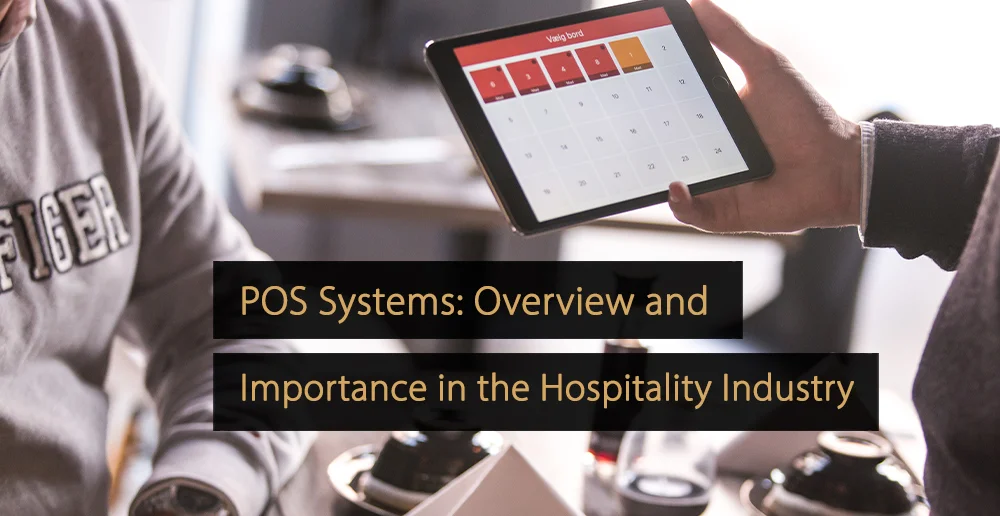
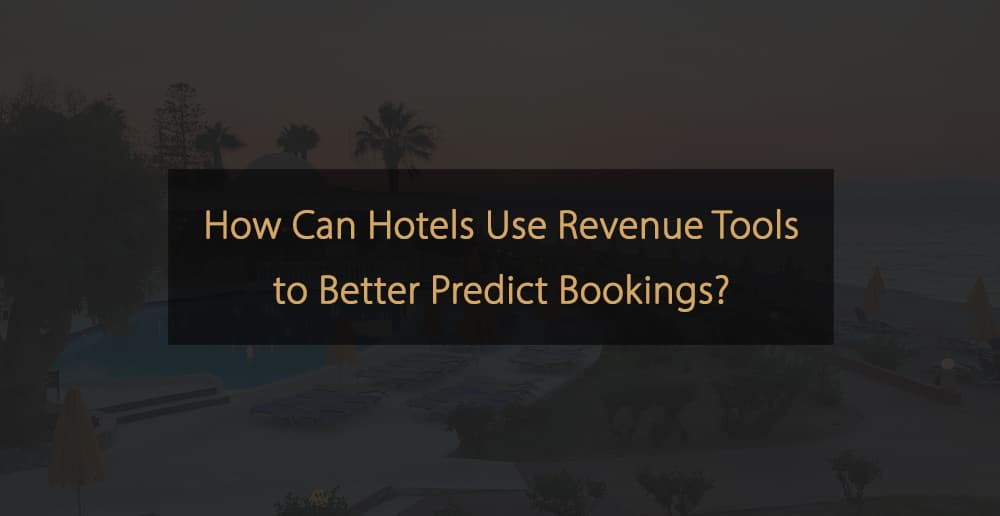

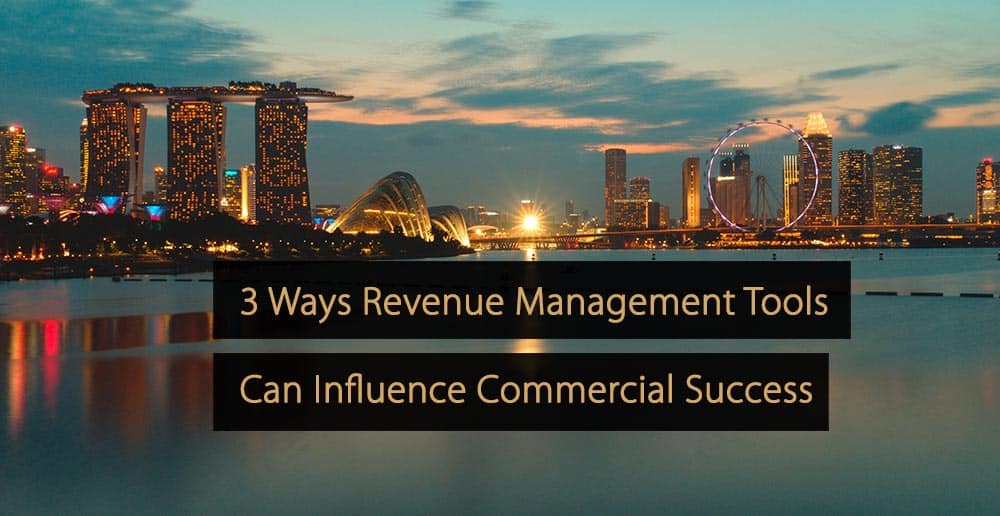

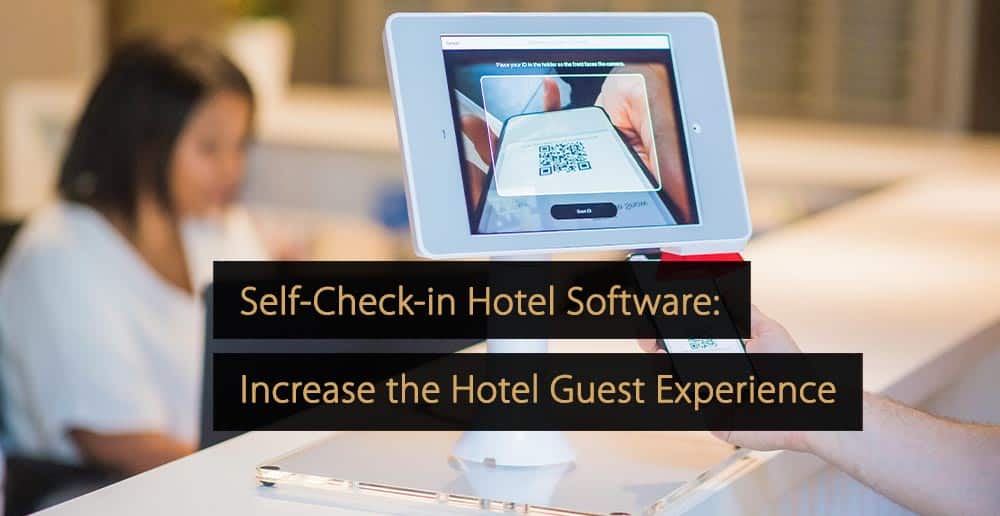
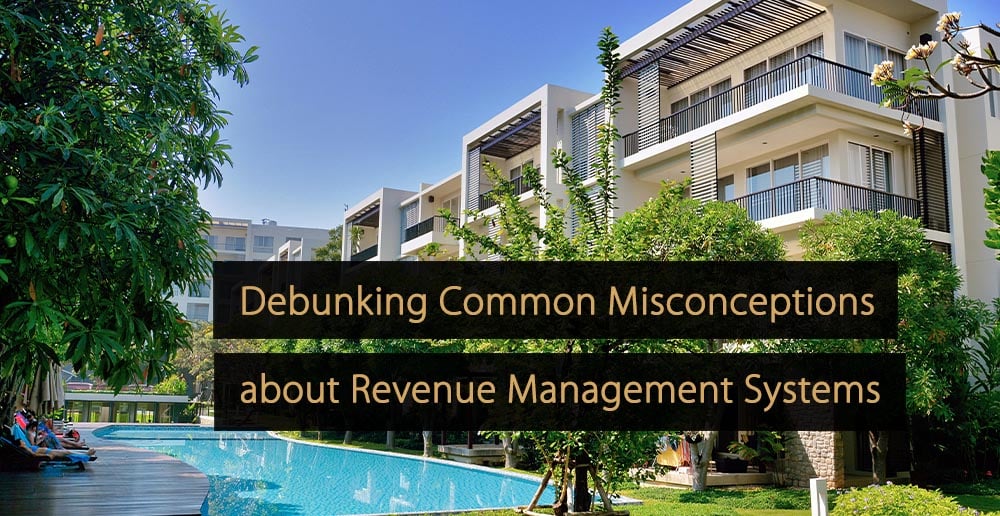
Leave A Comment